People are worried about Faceapp's 'old face filter' and here’s why
FaceApp has made a very controversial revival
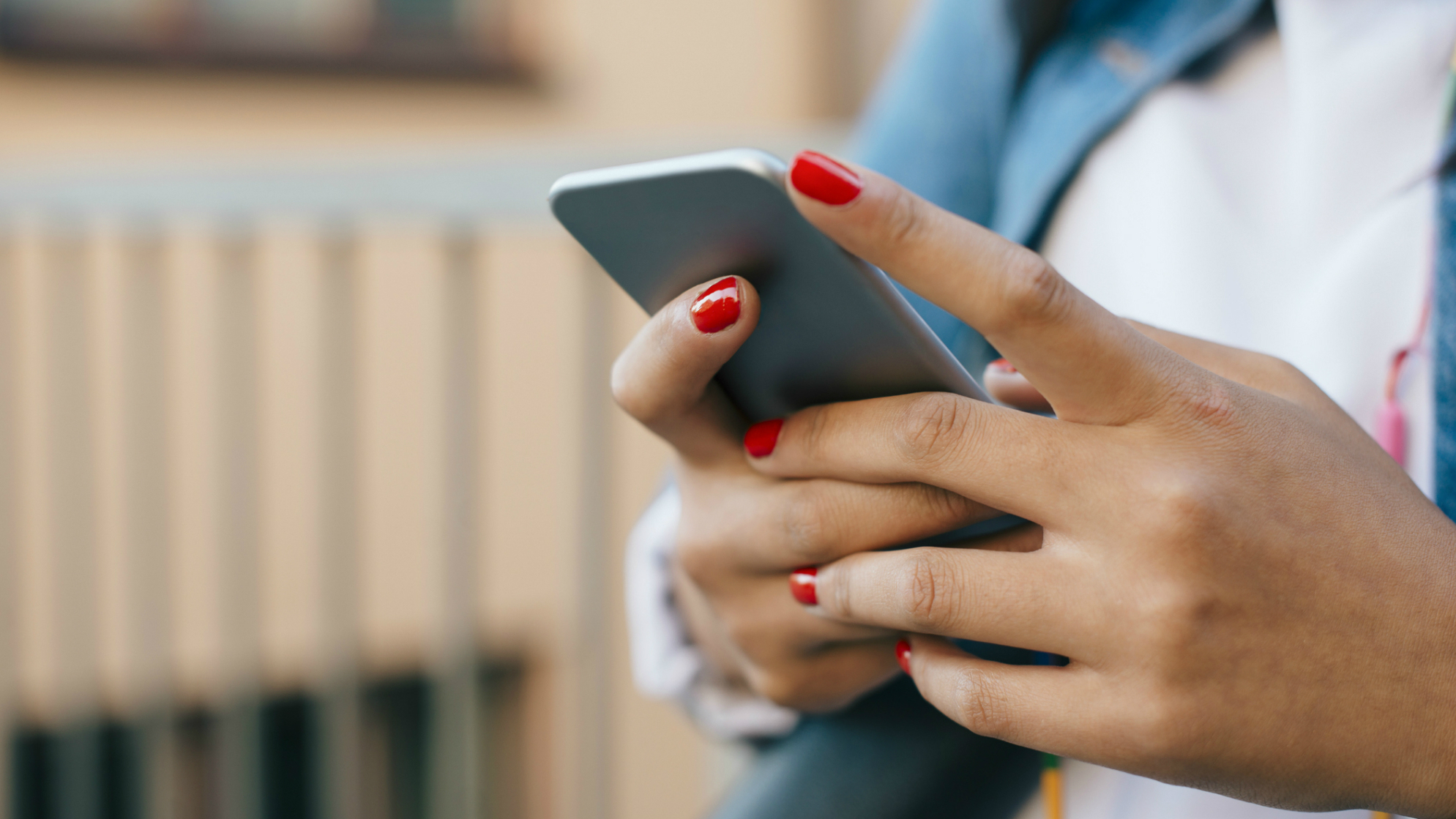
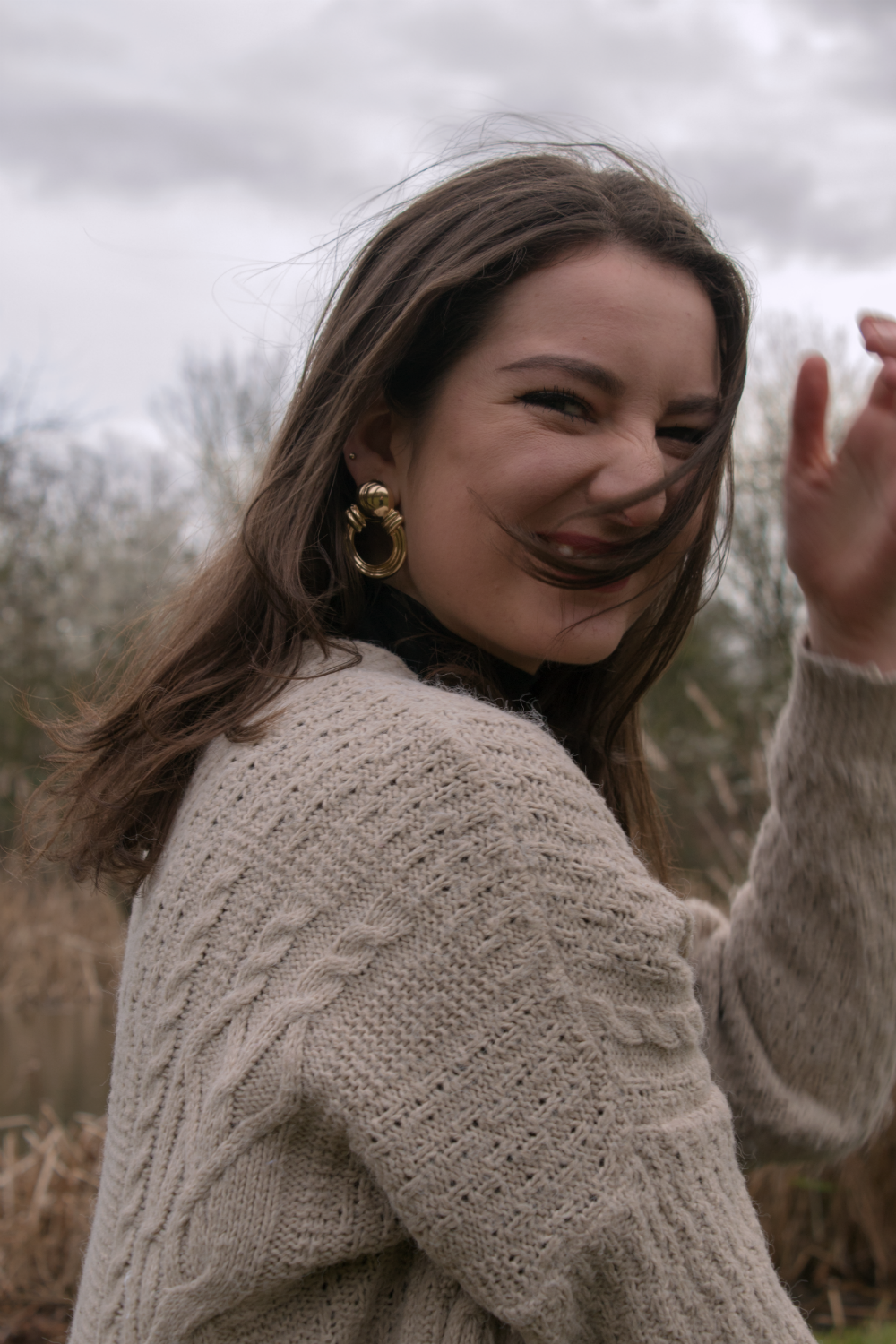
FaceApp has made a very controversial revival
Over the past week you've probably seen countless people on Instagram using the FaceApp 'old age' filter. Celebs, influencers, your next door neighbour - everyone is giving it a go to see what they may look like in years to come.
FaceApp, which first appeared on the scene in 2017, uses artificial intelligence to change photos so that users look younger, older or a different gender.
Whether it’s a friend posting a picture of their wrinkled face in the group Whatsapp, or Instagram FaceApp challenges being posted by the likes of Drake and the Queer Eye gang, we’ve all witnessed someone testing out the latest face-altering trend
Although it may seem like a harmless source of amusement, serious security concerns have been raised about the app after a Twitter user pointed out its problematic terms and services.
One huge issue is that through using the app, you could be allowing it unequivocal use over the image of your face, which could later be shared on a public or commercial forum.
The full terms of the app read: ‘You grant FaceApp a perpetual, irrevocable, nonexclusive, royalty-free, worldwide, fully-paid, transferable sub-licensable license to use, reproduce, modify, adapt, publish, translate, create derivative works from, distribute, publicly perform and display your User Content and any name, username or likeness provided in connection with your User Content in all media formats and channels now known or later developed, without compensation to you.’
Marie Claire Newsletter
Celebrity news, beauty, fashion advice, and fascinating features, delivered straight to your inbox!
The words ‘perpetual’, ‘irrevocable and ‘world-wide’ mean that even if you use the app just once, the company can use it for promotional purposes anywhere in the world, and you might not even realise.
The terms also state that FaceApp has license to use the content irrespective of ‘whether it includes an individuals name, likeness, voice or persona, sufficient to indicate the individual’s identity.’
The company has since addressed concerns by stating that the images are deleted soon after they’re uploaded.
For all we know, FaceApp could be perfectly safe, but in light of the Cambridge Analytica scandal, we should also be wary that the security concerns being raised certainly aren’t beyond the realms of possibility.
Whether or not FaceApp poses a threat to our privacy, it has kick-started an important conversation that will hopefully force us to consider how our data is being used before sharing it with apps, new and old alike.
Niamh McCollum is Features Assistant at Marie Claire UK, and specialises in entertainment, female empowerment, mental health, social development and careers. Tackling both news and features, she's covered everything from the rise of feminist audio porn platforms to the latest campaigns protecting human rights.
Niamh has also contributed to our Women Who Win series by interviewing ridiculously inspiring females, including forensic scientist Ruth Morgan, Labour MP Stella Creasy and ITV’s former Home Affairs Editor Jennifer Nadel.
Niamh studied Law in Trinity College Dublin. It was after enrolling in a Law & Literature class on her year abroad in Toronto that her love of writing was reignited. In no particular order, her big likes are Caleb Followill, hoops, red wine, sea swimming, shakshuka and long train journeys.
-
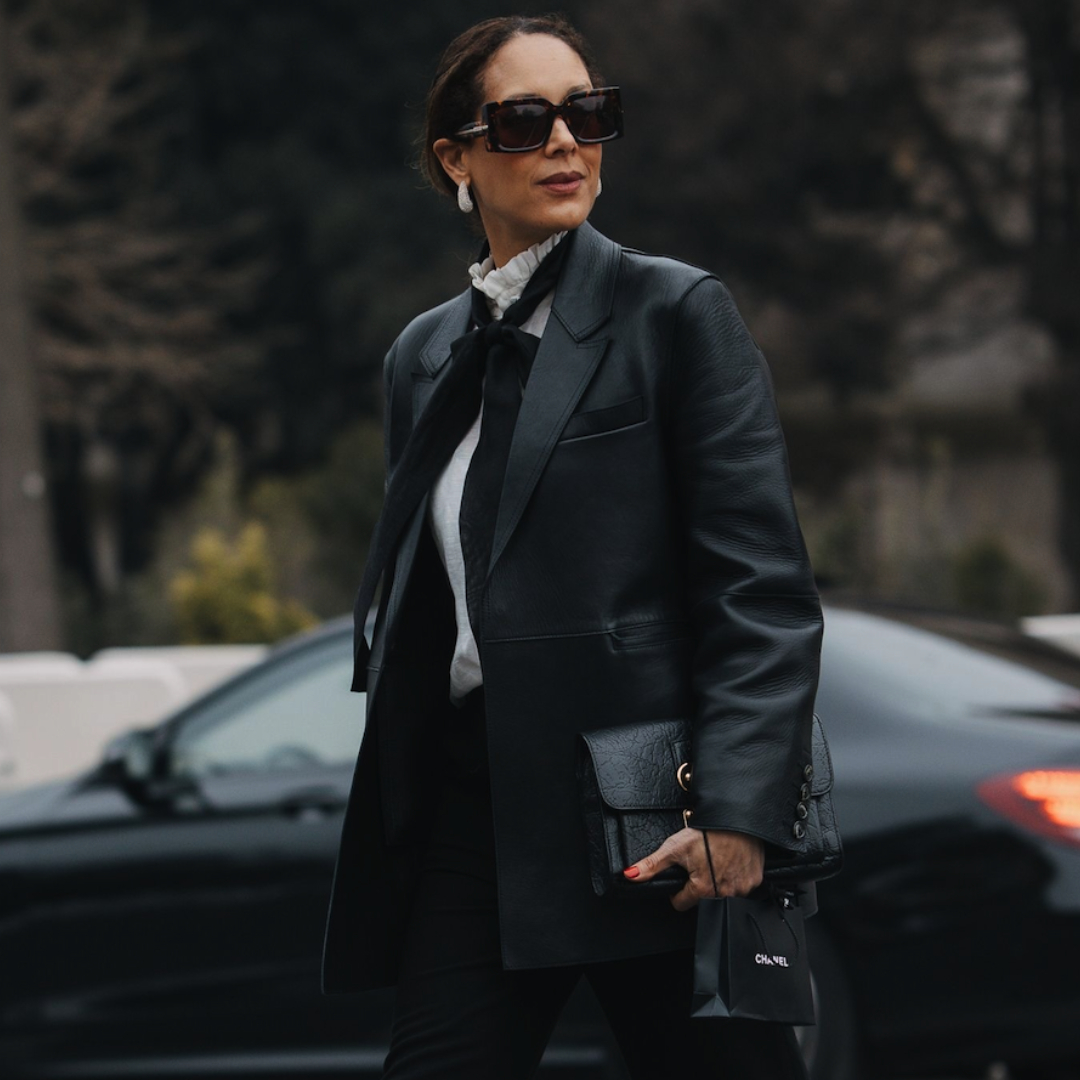 Andrea's It List: Finishing touches that elevate any outfit
Andrea's It List: Finishing touches that elevate any outfitDon't underestimate the power of accessories that make your outfit pop
By Andrea Thompson
-
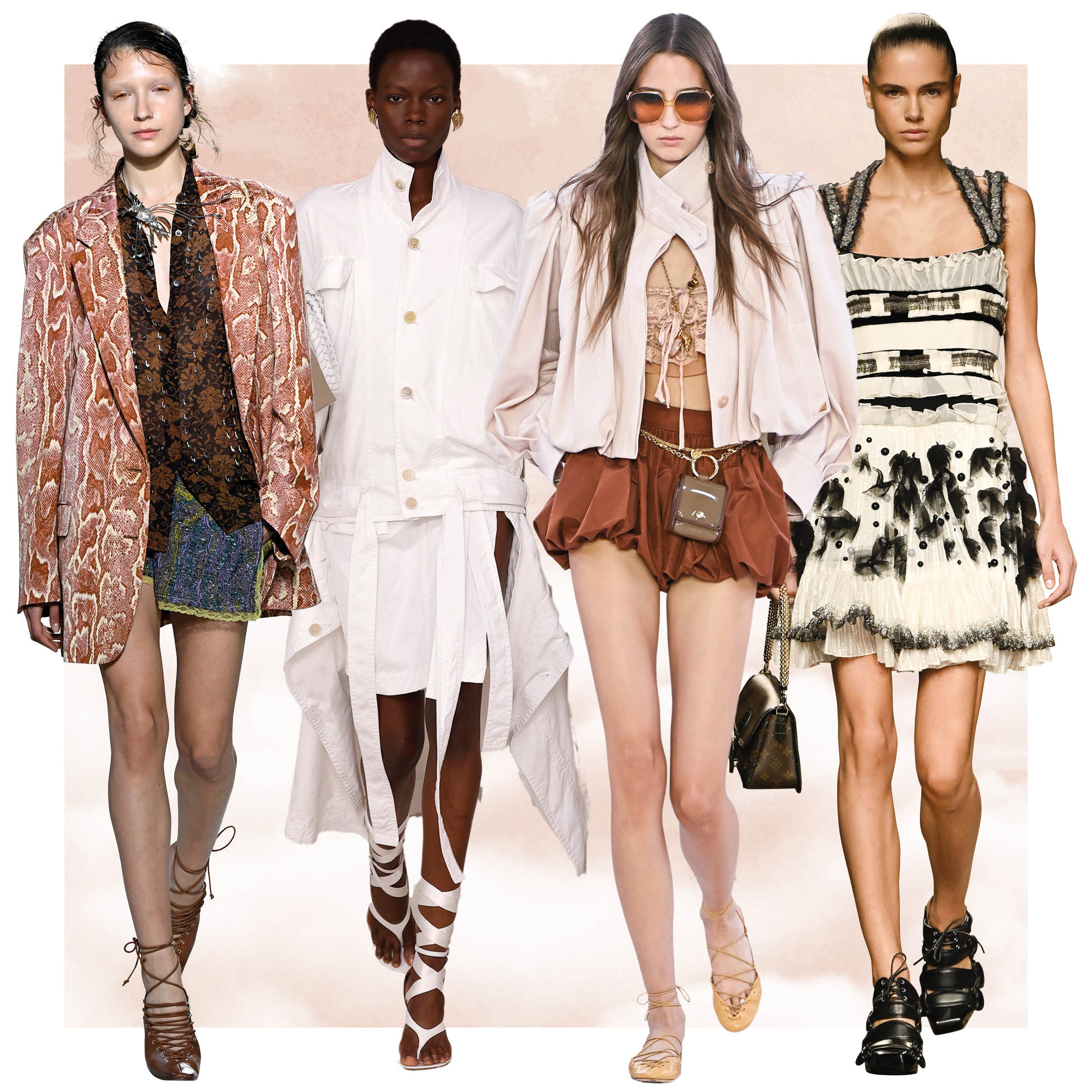 The fashion set is obsessed with lace-up shoes right now—these are the best pairs to shop
The fashion set is obsessed with lace-up shoes right now—these are the best pairs to shopNew summer footwear obsession, unlocked
By Sofia Piza
-
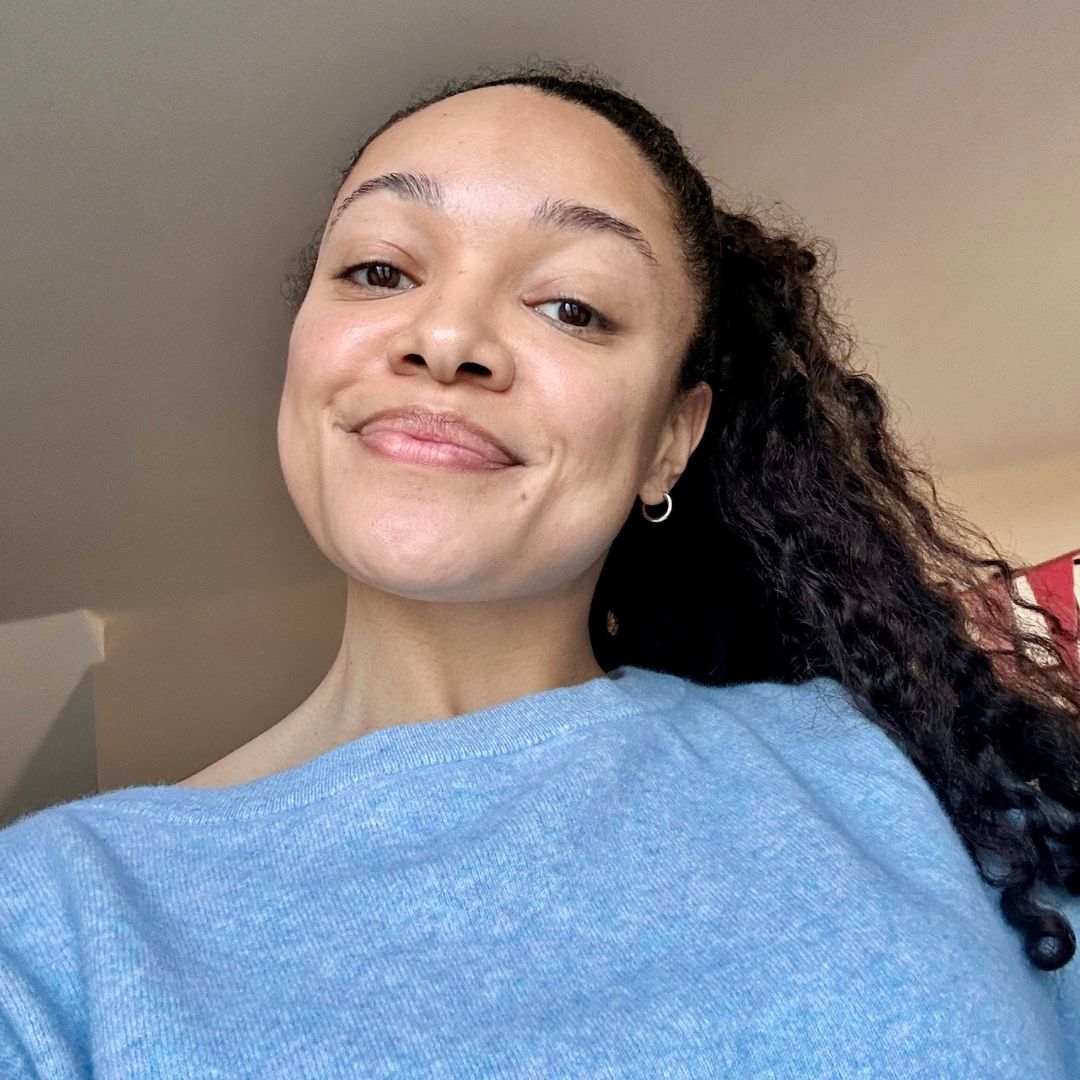 I tried Pilates roll-downs every day for a week - and was amazed at how quickly it eased years of stiffness
I tried Pilates roll-downs every day for a week - and was amazed at how quickly it eased years of stiffnessConsider my spine more mobile than before.
By Rebecca Shepherd